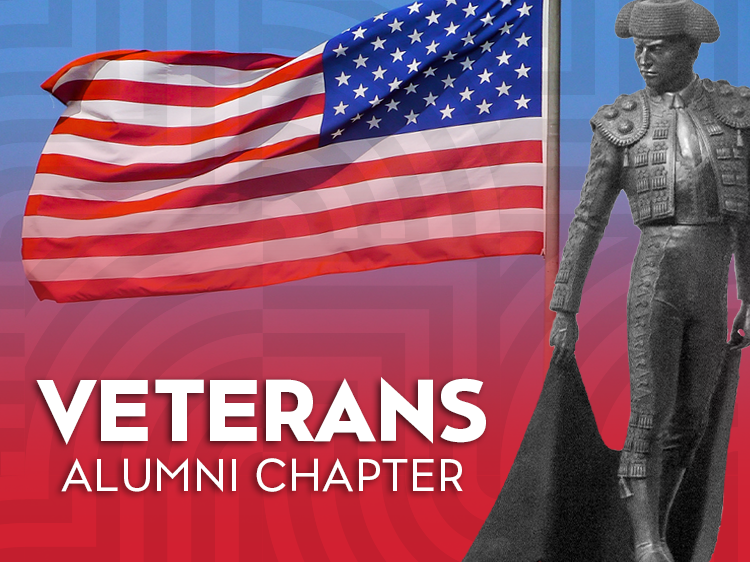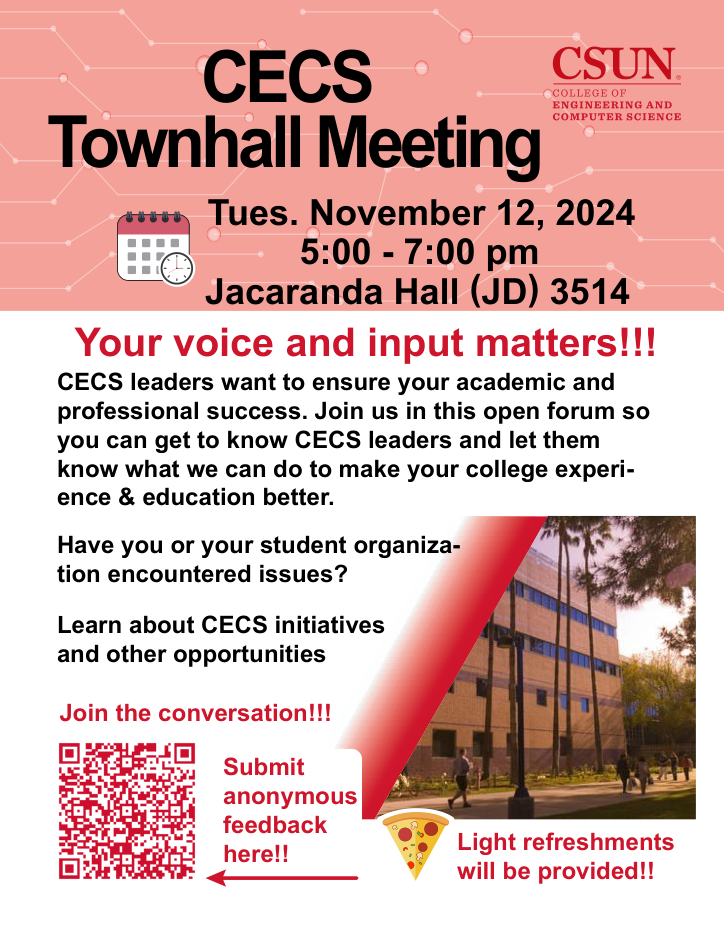
- This event has passed.
Africana Studies Week: Lecture and Alumni Panel
November 4 at 12:00 pm to 2:15 pm
Free
Date: Monday, November 4, 2024
Lecture: 12:00pm-12:45pm
Alumni Panel: 1:00pm-2:15p
Location: Lake View Terrace | University Student Union (USU)
Agenda
12:00pm Introduction / Welcome
- Dr. Marquita Gammage, Chair, AFRS
- Dr. Cedric Hackett, Moderator, Director of DHIAA, Prof. AFRS
12:05pm Keynote Address: “Cementing Our Legacy: Heroic Past, Transformative Achievements, Immanent Dangers”
- Keynote Address: Dr. Selase Williams, Former Africana Studies Chair
1:00pm Alumni Panel
- Moderated by Dr. Lizbeth Gant Britton
- Panelists: Tyrone (T-Fox) Fox; Dynasty Taylor; Shante Morgan; Patrick Johnson; Dr. Carroll Brown III
2:15pm End of Event
About Our Speaker
Selase W. Williams
Selase W. Williams retired from distinguished service as Provost and VP for Academic Affairs, six years each at Southern Connecticut State University and Lesley University. He played pivotal roles in strategic planning, building or enhancing programs to improve student retention/success, and in advancing diversity/inclusion/equity (e.g. Urban Scholars Initiative and Task Force on Social Justice in Teaching and Learning).
While Chair of the Pan African Studies Department at CSUN (1988-1994), he was elected President of the National Council for Black Studies, Inc. (1988-1992). He co-chaired (with William Little) the first NCBS International Conference in 1993 in Accra, Ghana. Ford Foundation grants supported Summer Institutes for new scholars and a “Crossing Borders” initiative at CSUDH.
Williams’ scholarship focuses on the history, structure, and politics of African American Language, Sierra Leone Krio, the role of Black Studies in the academy, and education for Black liberation. He is a contributor to and co-editor of a book entitled The Borders in All of Us: New Approaches to Three Global Diasporic Societies. His most recent publication is a book, co-authored with Tom Spencer-Walters, entitled Sierra Leone Krio: Language, Culture, and Traditions, Published by Rowman & Littlefield Publishing Group, Inc. (2024).
Selase W. Williams earned a B.A. in Linguistics and an M.A. in African Languages and Literature from the University of Wisconsin, and a PH.D. in Linguistics from Indiana University.
Keynote Address Abstract
This address explains what constitutes a “legacy” by tracing the origin of the word and related English words, as well as how the discipline originally known as Black Studies earned the status of a legacy in American higher education. This legacy was forged in the crucible of Eurocentric institutions, laws, and standards by bold individual scholars intent on correcting the history of peoples of African descent and linked their mission to the struggle for liberation and civil rights. As the doors to American higher education became cracked, it soon became apparent that the same backlash that followed enslavement, Jim Crow, and the Civil Rights Movement would confront those trying to institutionalize the true story of the African World Experience and its relationship with Europe. While acknowledging the valiant achievements of Africana Studies and addressing internal challenges, Dr. Williams warns of the “White Supremacist” elements in our society that threaten to nostalgically return America to the “good old days” prior to civil rights legislation, equal educational opportunity, and programs supporting diversity, equity, and inclusion. The biggest threat facing America today are the policies and proposals present in Project 2025, a 900+ page manifesto sponsored by the Heritage Society and written by some of the most extreme radical republicans, many of whom are, or have been, senior advisors to Donald J. Trump. Most of the proposals advanced in that document would undo the work of centuries of Americans of diverse backgrounds to create a more equitable and humane society.
Requesting Accommodations
The CSUN College of Social and Behavioral Sciences and the Department of Africana Studies are committed to making our events accessible to everyone. If you require an accommodation or service to fully participate, please let us know. Note: If you require an ASL interpreter please contact us no later than October 25, 2024. Please contact Cedric Hackett via email at cedric.hackett@csun.edu.
Africana Studies Week 2024
Africana Studies Week 55th Anniversary: Cementing our Legacy
Africana Studies Week: 3rd Annual Plaque Dedication and March to the Black House


